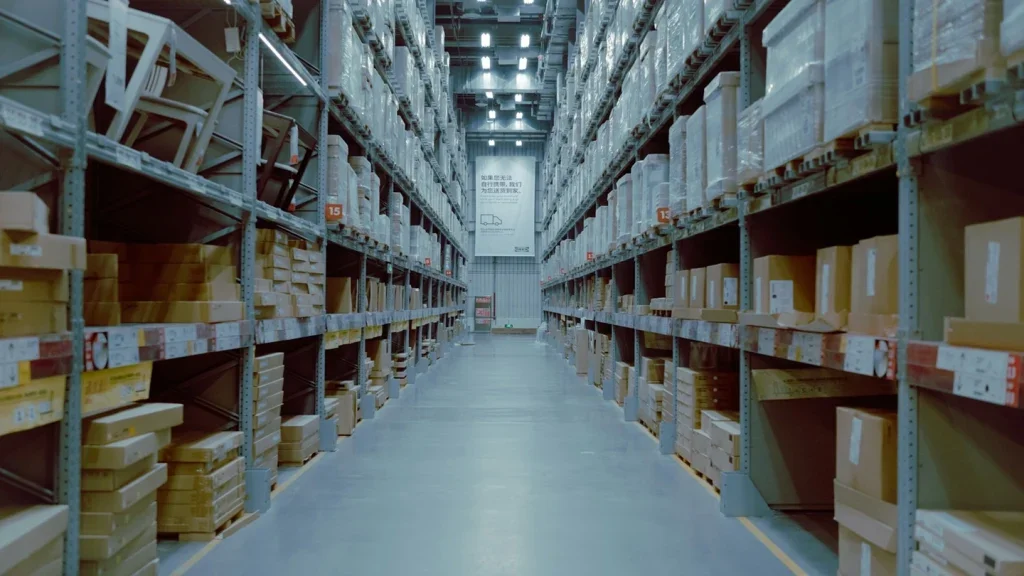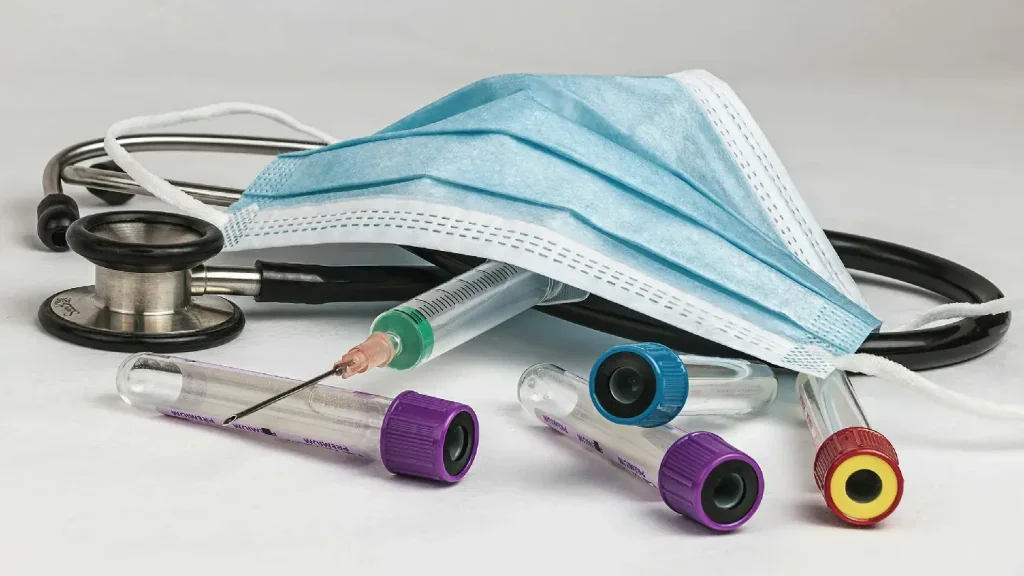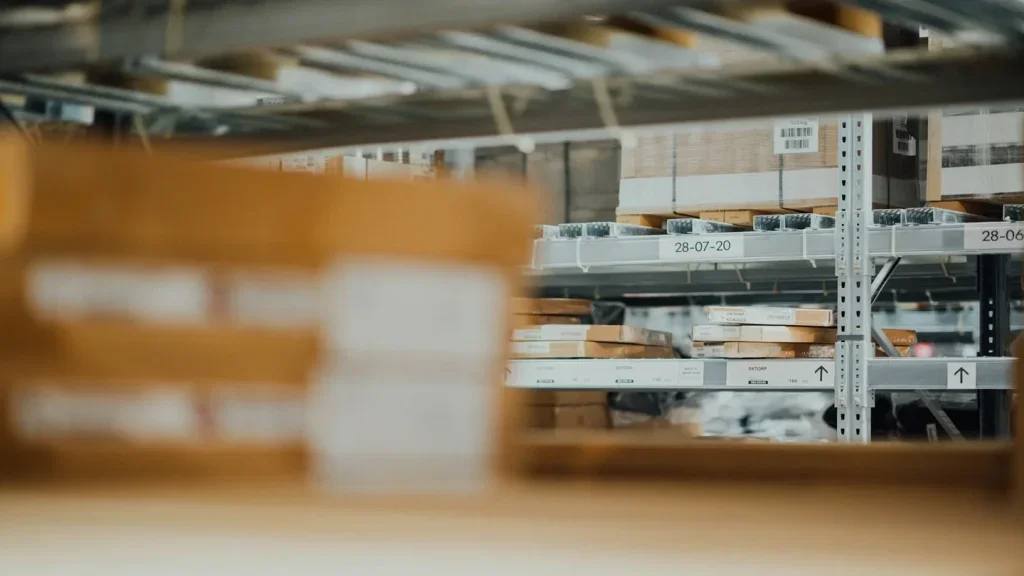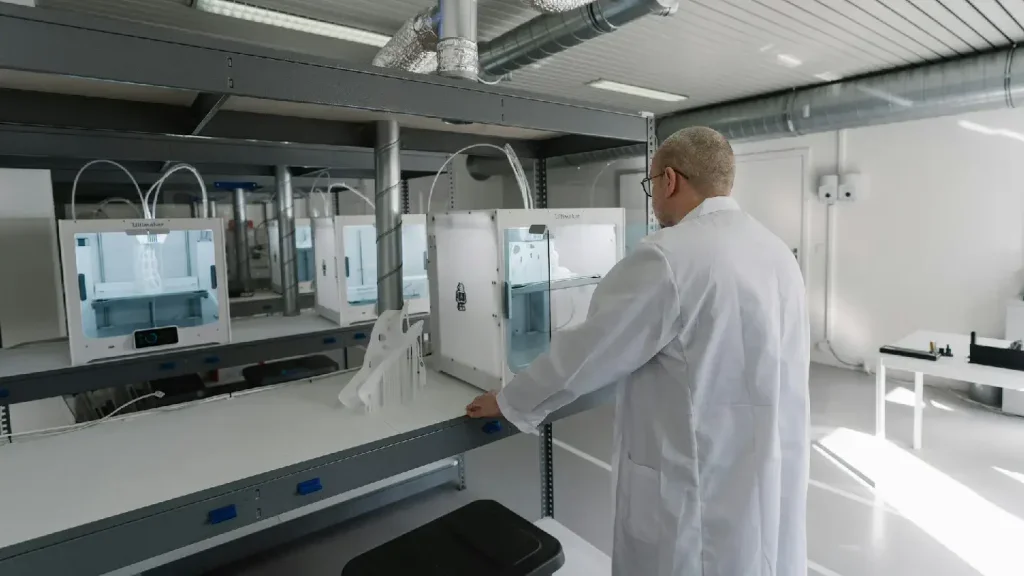All articles by Ky Nikitha
Central to success
There is increasing emphasis on the importance of patient-centricity within clinical trials, including encouragement from the FDA to incorporate the patient voice through the drug development process. Diana Villalobos, vice-president, clinical, at Dermavant Sciences, speaks to Emma Green about how to implement this approach to maximise recruitment and retention.
The cold war
Cold-chain shipping involves navigating a number of challenges to prevent product wastage. Eva-Lotta Persson, MSc/CSCP clinical supply chain lead, AstraZeneca R&D Mölndal, speaks to Kerry Taylor-Smith about how to overcome these issues to ensure an efficient, effective cold chain.
The heat is… off
Temperature-controlled products present a logistical challenge. Their safe transportation and storage are essential to their efficacy. Ensuring effective infrastructure and maximising the use of digital tools are two key strategies to help optimise the supply chain. Didier Basseras, vice-president of clinical supplies for clinical supply chain at Sanofi-Aventis R&D, speaks to Bradford Keen about best practices to keep drugs safe.
The mind leading the blind
Interactive response technology (IRT) systems are crucial to the efficient management of clinical trials. The medium has evolved from a telephone-based interface to one based almost entirely on computers, and issues concerning training, interoperability and safety remain. Greg Noone talks to consultant and former Pfizer executive director Michael Moorman about the contribution made by these programs, and the pitfalls when a trial relies on a poorly designed variant.
All things considered
Every clinical trial needs not just the investigational product but a host of ancillary supplies, ranging from laboratory equipment to the paper required for audit trails. Kim Thomas asks Kevin Crawford, head of clinical operations at Tenax Therapeutics, for some tips on procuring, stocking and distributing ancillary supplies to clinical sites.
Stamp of approval
For years, clinical trials have been stymied by confusing regulations and high levels of patient drop-out, all of which wastes money and prevents drugs from getting to the people who need them. By using clinical quality management systems (CQMSs) and good clinical practice (GCP), which help clinicians carefully plan and conduct trials, the process is made far simpler. Andrea Valentino talks to Melissa Suprin, head of quality risk management at Pfizer, about how CQMSs can help clinical researchers – and how the scattered regulatory finally seems to be getting organised.
The smart money
Smart packaging offers huge value to the whole of the supply chain. There are a number of recent innovations that can help optimise monitoring. Louise Thomas speaks to Ruud van der Geer, associate director supply chain management EMEA, MSD, about the opportunities and future directions within the field.
Risk versus reward
For parenteral drug products, there is a need to further investigate the materials that will be in contact with the drug product during manufacturing, storage, final packaging or the delivery of the drug to the patient. Jim Banks speaks to Carsten Worsøe, principal scientist at Novo Nordisk, about what is needed to better mitigate risk and optimise documentation for extractables and leachables.
Connect the dots
AI is set to play an increasingly important role in the pharmaceutical industry, providing life science companies with faster, more efficient ways of uncovering drugs, sourcing data and responding to regulatory challenges. Will Moffitt speaks to Joerg Stueben, senior expert of global regulatory operations at Boehringer Ingelheim, about the implications of the technology.
A helping hand
Since 1997, pharma has been looking at additive manufacturing (3D printing), trying to understand what role it will play. Its value is clear, but to pinpoint where it should be used best still remains a challenge. Andrew Tunnicliffe speaks with Professor Clive Roberts, head of the School of Pharmacy at the University of Nottingham, and explores the possibilities.










